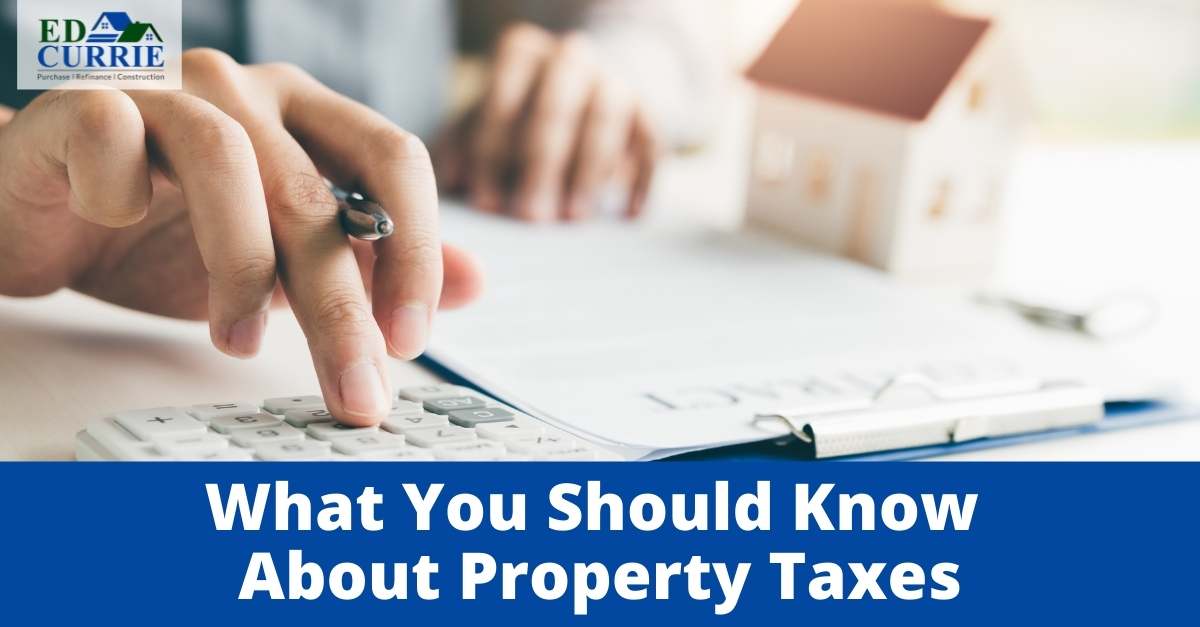Most new homebuyers are aware of property taxes, but have no idea how much they may end up spending on them each year. The excitement about the new home and community can make it hard to focus on the nitty-gritty, but understanding how much property tax you may owe is essential to knowing if you can afford your dream home in the long run. Interested in what you need to know about property taxes? Keep on reading!
Property taxes are calculated by the assessed value of your home, which is different from its purchase price. The value of your home is assessed (usually every other year) by county tax auditors, and depends on a variety of aspects of your property. These taxes are used to support your local government, schools, police force, and public safety initiatives, among other items.
The property tax rate can change from county to county, and from year to year. This makes it especially important to do your research before buying a new house. A 1 percent difference can mean an increase of thousands of dollars per year, depending on your home’s value. Also important is learning more about the needs of the county you’re thinking of relocating to, and if they anticipate raising their rates substantially in the future. Local governments change their rates each year based off the needs of the county, so stay abreast of local news.
Many people wonder if property taxes are higher for new builds. The answer simply depends on the other aspects of the property. While county tax assessors definitely take materials and labor costs into account, which presumably would be higher for a new build, they also consider total property acreage, home features, and square footage. For this reason, new builds may have lower taxes than an older property with increased features.
To calculate how much property tax you will owe on your new home, find out the most recently assessed value from your local government. For new builds, this will mean waiting until the local tax assessor is able to visit your property. Multiply the assessed value of your home by the local tax rate, and you’ll get the amount you’ll need to pay on your property each year. For most municipalities, this amount is paid annually or semi-annually. However, depending on your lending structure, you may have this amount already built into your mortgage. Regardless of how often you’re paying your taxes, it’s essential to know how much they will be so you know exactly what type of property you can afford.
Wondering about your property taxes and what to expect with your new home? Certified Mortgage Planner and Construction Loan Expert Ed Currie and his team can help. Ed has helped thousands of clients with their mortgage financing, and he would be happy to help you, too. Contact Ed Currie today for your mortgage lending needs. For more tips and our latest updates, check us out on Facebook, Twitter, LinkedIn or Pinterest!



